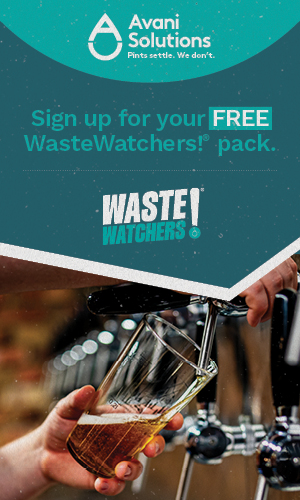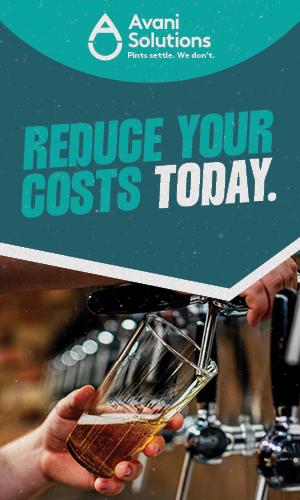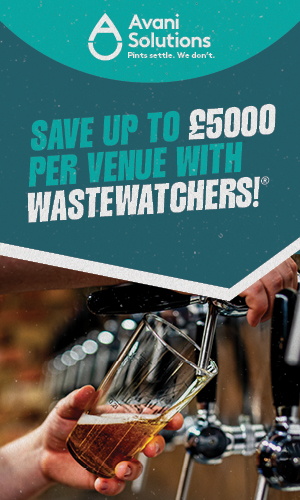Campaign groups, newspapers, MPs and even the European Commission are on the warpath. Can companies afford to keep dodging the Revenue?
In December, Starbucks declared its largest ever UK profit and its biggest tax bill. Three years after the company was shamed for avoiding tax, the announcement appeared, as the Financial Times reported, “to draw a line under a unique episode in British taxation”.
Questions over Starbucks’ accounts remain, but there is no shortage of fresh blood for campaign groups, newspapers and politicians if the coffee chain really has cleaned up its act.
Google has hogged all the attention of late, but big food companies like Cadbury and McDonald’s have also entered an ever-expanding hall of shame. The latter is to be the subject of a European Commission investigation to “look very carefully” at a tax ruling in Luxembourg that led to the firm paying no tax on its European royalties.
Meanwhile, the Times recently discovered that Cadbury, which is now owned by Mondelez International, paid no corporation tax in Britain in 2014 on £2 billion in revenues. The paper noted: “It is anybody’s guess how the 19th century Quaker founder of the chocolate business – a pin-up for ethical capitalism for his altruistic treatment of workers – would have felt about the owner’s moral compass.”
No business wants to pay more tax than it has to, but the subject has – as the accounting firm PwC puts it – “become a reputational issue”. Increasingly, customers, media and campaign groups want to know the tax strategies and total tax contributions of major companies. Even staff are beginning to ask more questions.
“The UK’s biggest companies remain under pressure to respond to the various stakeholders who are interested in their tax affairs,” said Andrew Packman, the firm’s tax transparency leader, in a recent study. Packman reviewed the 2014 reports across the FTSE 100, as well as any available corporate social responsibility reports. More than half (56) disclosed their approach to tax, up from 49 in 2013. However, only 40 provided any information on their total tax contribution. Still, this was more than the 24 in 2014 and showed a “trend towards increased tax transparency”.
But is this enough?
Given the shambles at HM Revenue & Customs, probably not. In its inquiry published late last year, the Commons public accounts committee (PAC) recognised that more tax was being collected in spite of a reduction in running costs at the department. However, “tax avoidance remains a serious concern”, said the committee’s chair, Meg Hillier. “Too many avoidance schemes run rings around the taxman, operating legally but gaining advantages never intended by Parliament. If tax law is to be improved then HMRC must as a priority provide Parliament with comprehensive details of avoidance,” she added.
Transparency was a word used with increasing frequency during a PAC hearing in 2012. That’s when Starbucks, Amazon and Google were all hauled in front of the committee to explain themselves. All left red-faced.
“At a stroke these companies, and I suspect the whole corporate world, have lost any moral high ground they might have hoped to claim on this issue,” noted Richard Murphy from Tax Research UK.
With HMRC under fire and underfunded, it may well be left up to companies to reassess their tax affairs from this moral vantage point. This won’t be easy given their responsibilities to shareholders, but it could prevent further public attacks, exposés and inquiries.
Starbucks has taken a small step in the right direction, it seems, but very few companies are yet prepared to spill the beans on their tax affairs.










